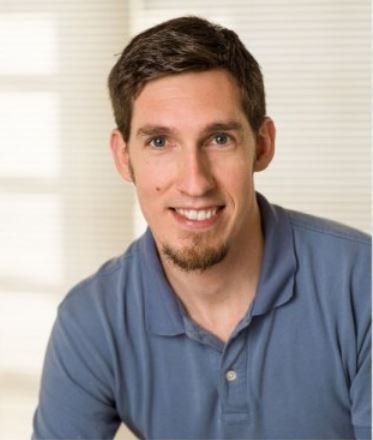
What did you study at Yale, and what is your current profession/job?
I am a Medical Writer with Infusion Communications (Ashfield Healthcare Communications) in Middletown, CT. I graduated from Yale in 2012 with a PhD in Molecular, Cellular and Developmental Biology.
What do you like most about your current role? What do you find most challenging and/ or rewarding?
The most enjoyable aspect of my work is being able to participate in sharing exciting (and not so exciting) results of clinical trials (at least in my current role) with clinicians and the public. I get to sift through data and assist in developing manuscripts, posters and presentations on groundbreaking results and ideas that move the field of oncology forward.
One of the largest challenges has been learning how to work within the confines of deadlines. I do a lot of work submitting abstracts for consideration at congresses and there is always a submission deadline. When you’re lucky enough to get a poster or presentation, that comes with another deadline. That aspect is also part of what is rewarding about medical writing. I have developed and delivered many projects, and the variety keeps the job interesting.
It is also very rewarding to work with clients who appreciate the service medical writers provide and recognize the role we can play in helping to develop high quality, scientifically rigorous work.
How did your time at Yale shape your career trajectory?
I have always liked sharing science with others, and I initially began my PhD with the goal of becoming faculty at a college. Over the course of time, I began to realize that I had skills and interests outside of the lab and academia. I took notice of the aspects that I was enjoying the most like making presentations for lab meetings and planning out my projects. My time as teaching assistant was one of the most rewarding parts of my graduate experience, and it provided me the opportunity to explore my strengths and interests that lay outside of bench research. As I began to examine careers outside of academia, I was able to call upon these experiences and identify the aspects of potential career paths for which my skills and interests were most suited.
What are the main skills that you acquired as a PhD student which help make you successful in your current career?
In the lab I developed critical reading skills which are important for a medical writer; it’s essential to know when something is missing from a manuscript or when something isn’t being clearly explained. Effective presentation of data (in a talk, poster, or manuscript) is another skill I developed during my PhD. As much as I shied away from them, talks in front of the department or a class really helped me learn how to focus on the important messages and convey myself clearly. As a medical writer I am frequently tasked to find the best way to present results in succinct but impactful ways. The methods I developed for efficient project management in the lab have also helped me be a successful medical writer. I am always working on more than one project and knowing how to prioritize each is crucial.
Did you acquire any professional experience related to your line of work while in graduate school?
While in graduate school, one of the most important things I did was network. I attended many panels and sessions to find out more about “alternative” careers, and I also arranged informational interviews. I joined several medical writing related groups on LinkedIn, as well as other post-PhD “alternative” career groups. Through the messaging function of those groups, I was able to contact people who were currently medical writers and ask if they would be willing to speak with me for 15-20 minutes about their current work and how they got started. Most were more than happy to chat, and every person I talked to became an official LinkedIn connection. I also attended as many networking events as I could, from very general alumni events to those focused on “alternative” careers for PhDs. You never know who you’re going to meet, and these types of events give you an opportunity to practice your “pitch” and tell people why you’re interested in a particular career.
What advice would you offer PhDs who are interested in your line of work?
The best advice I can give is to practice. Find opportunities to write and/or develop posters and oral presentations; anything counts as long as you put it out into the public, from blogs to department meetings. In addition to that advice, network. The key to this industry (as with many others) is getting your foot in the door, after 6 months at a company the recruiters and talent scouts start calling. Having a contact in the industry is certainly one way to increase your chances of landing that job, even if all they do is tell you how they landed their first job.
